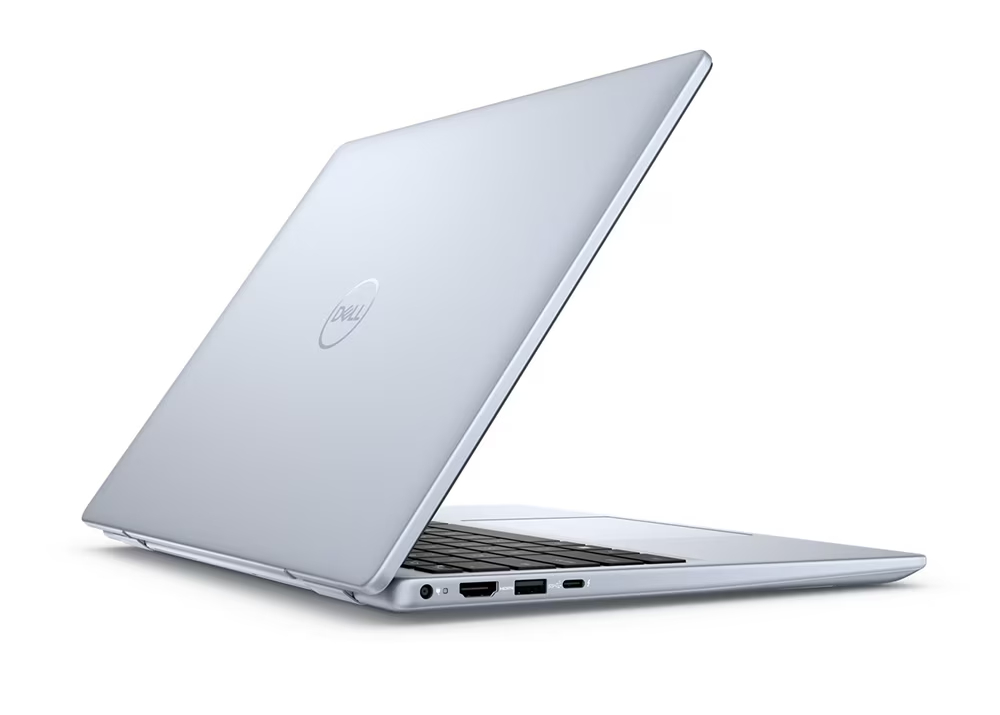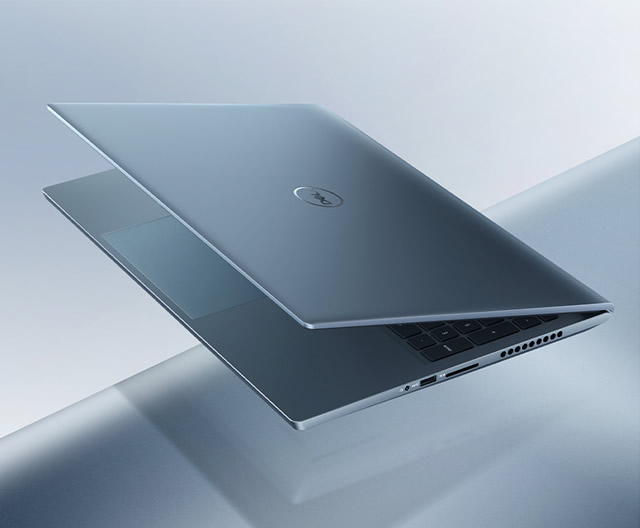Dell is a household name in the world of computing, renowned for its wide range of laptops that cater to various market segments. From the high-performance Alienware series to the business-centric Latitude line, Dell’s products have a global presence. However, with such a vast customer base, one might wonder about the origins of these devices. In this article, we delve into the manufacturing landscape of Dell laptops, exploring the geographical diversity of their production and the intricate logistics behind how and where are Dell laptops made.
Global Manufacturing Network and Supply Chain
International Production Facilities
Dell’s approach to manufacturing is truly global. With a complex supply chain that stretches across continents, Dell has established production facilities in various countries to optimize their operations. These facilities are strategically located to serve different markets, reduce shipping costs, and benefit from local manufacturing incentives. Countries like China, Malaysia, and the Philippines are key players in Dell’s production, hosting facilities that assemble a significant portion of Dell’s laptops.
Supply Chain Dynamics and Component Sourcing
The production of a Dell laptop is a symphony of logistics, with components sourced from multiple regions. Hard drives might come from Thailand, while memory chips could be manufactured in South Korea or Taiwan. The assembly process involves bringing together these globally-sourced parts at one of Dell’s manufacturing centers, where they are assembled into the final product. Dell’s supply chain flexibility is crucial in adapting to market demands and navigating international trade policies.

Quality Control and Customization Capabilities
Ensuring Consistent Quality Across Borders
Despite the geographical dispersion of its manufacturing facilities, Dell maintains rigorous quality control standards to ensure that every laptop meets the company’s benchmarks. This is achieved through a combination of automated processes and skilled labor, with checks in place at different stages of production. Dell’s commitment to quality does not waver with the location of its factories, with each site adhering to the company’s global quality assurance protocols.
Tailoring Products to Market Needs
One of the advantages of Dell’s international manufacturing network is the ability to customize products for specific markets. Regional facilities allow for configurations that cater to local preferences and regulatory requirements. This localization strategy is part of what has made Dell a competitive player in the global market, as it can quickly adapt to changing consumer needs and offer tailored solutions that resonate with different demographic segments.

The Impact of Geopolitics and Economics
Adaptation to Trade Policies and Tariffs
In an era where trade tensions can alter the economic landscape overnight, Dell’s widespread manufacturing footprint provides a buffer against geopolitical upheavals. By having facilities in different countries, Dell can shift production as needed to mitigate the impact of tariffs and trade barriers. This strategic distribution of manufacturing resources helps Dell maintain stable prices and supply chain continuity, ensuring that customers receive their products without significant delays.
Economic Considerations and Labor Markets
When deciding where to establish manufacturing hubs, Dell considers various economic factors, including labor costs, tax incentives, and the availability of skilled workers. This evaluation often leads to investments in regions where the economic conditions are favorable for large-scale production. Additionally, Dell’s presence can contribute to local economies by providing jobs and fostering related industries, creating a symbiotic relationship between the company and the host countries.

The Future of Dell’s Manufacturing
Innovation and Automation in Production
As technology evolves, Dell is at the forefront of integrating advanced manufacturing techniques into its facilities. Automation and the use of robotics are likely to play an increasingly vital role in producing laptops, enhancing precision and efficiency. This technological progression could lead to shifts in where laptops are made, as Dell seeks to optimize its production in response to emerging industrial innovations.
Environmental Considerations and Sustainability Efforts
Dell is also aware of the growing importance of sustainable manufacturing practices. The company has made commitments to reduce its environmental footprint, which could influence future decisions about production locations. By investing in greener technologies and more sustainable facilities, Dell aims to meet its ecological goals while continuing to produce high-quality laptops. The intersection of sustainability and manufacturing will undoubtedly be a significant factor in shaping the future of where and how Dell laptops are made.

Challenges and Opportunities in the Global Market
Dell’s global manufacturing network, while beneficial, also presents challenges ranging from logistical complexities to managing a multicultural workforce. Coordinating production schedules and ensuring seamless communication across time zones require robust systems and contingency plans. Moreover, potential issues such as political instability, economic fluctuations, and local regulations add layers of complexity to Dell’s operations. NChallenges present opportunities for Dell. Dell can innovate amidst these challenges. The company can optimize its supply chain. This optimization reinforces resilience. It also enhances efficiency in laptop production.
Expanding Reach and Meeting Consumer Demand
The strategic placement of Dell’s manufacturing hubs positions the company to rapidly respond to regional market demands and consumer trends. By understanding and adapting to the unique needs of consumers in different areas, Dell can cater to a wide range of preferences, ensuring relevance in a competitive landscape. Dell is expanding its manufacturing base to emerging markets. This expansion can facilitate the company’s growth. It allows Dell to tap into new talent pools. These talent pools can drive innovation. They can also foster product development. The development is tailored to the needs of a global clientele.

Embracing Technological Advancements and Ethical Manufacturing
Investment in Cutting-Edge Manufacturing Technologies
As Dell continues to compete in the high-tech industry, investment in the latest manufacturing technologies is essential. The company is likely to embrace advancements such as 3D printing, AI-driven quality control, and the Internet of Things (IoT) to streamline production and reduce waste. These technologies could lead to more efficient and environmentally friendly manufacturing processes, aligning with Dell’s commitment to innovation and sustainability.
Commitment to Ethical Manufacturing Practices
In addition to technological improvements, Dell recognizes the importance of ethical manufacturing practices. This commitment includes ensuring fair labor conditions, prioritizing worker safety, and adhering to ethical sourcing for materials. Consumers are increasingly valuing corporate responsibility, and Dell’s dedication to upholding high ethical standards in its manufacturing operations can enhance its brand reputation and customer loyalty. Dell integrates values into its production strategy. The company sets a standard for responsible manufacturing in the tech industry. This standard could influence practices across the sector.
Dell’s laptop manufacturing is a testament to the company’s ability to navigate a complex global landscape. Dell has production facilities on several continents. The company utilizes the strengths of these diverse regions. Its goal is to deliver a wide array of laptops. Consumers around the world are the recipients of these products. Quality control, customization, geopolitical considerations, and economic factors all play a role in Dell’s manufacturing decisions. Dell looks to the future with an eye on progress. Innovation, automation, and sustainability will shape the company’s decisions on laptop production locations. The brand aims to maintain competitiveness. Dell is committed to responsible practices in its global manufacturing endeavors.